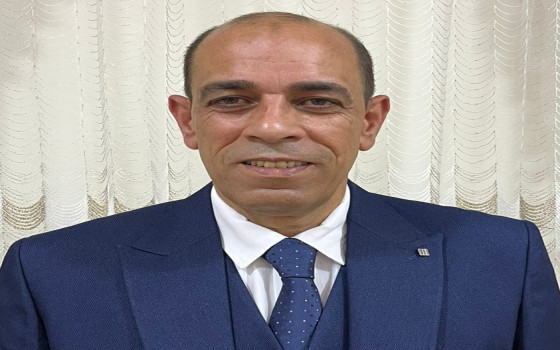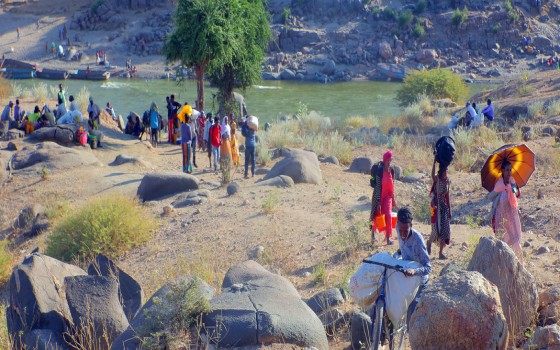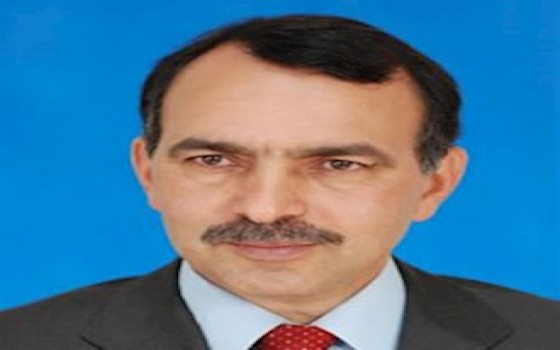
Climate financing and the transition to renewable energy “COP28”… Dr. Abdel Moneim Sedqy, Professor at the Agricultural Research Center - Egypt

- Europe and Arabs
- Saturday , 2 December 2023 12:45 PM GMT
The 28th Climate Summit was officially opened, held in Dubai, UAE, where a number of key issues are being discussed, most notably the energy transition, climate financing, compensation for poor countries affected by climate disasters, global food systems, and methane gas, in addition to other urgent topics such as record high temperatures, floods in the Horn of Africa, and Canadian fires. Destroyer. Parties participating in the 26th Congress in Glasgow in 2021 have agreed to reduce the share of coal consumption. Since then, activists and some governments have been pushing for the same for oil and gas but the exact wording for the move has not been found.
A group of experts announced that the world must invest more than 3 billion dollars annually starting in 2030 to achieve climate goals. However, commitments have not been fulfilled with regard to allocating investments to the energy transition or adapting to the repercussions of climate change. In 2009, the developed countries responsible for the largest proportion of emissions and historically blamed for the climate crisis promised to provide $100 billion annually to poor countries by 2020, but these countries resort to voluntary commitments. Perhaps the most important achievement achieved by the COP27 conference in Sharm El-Sheikh, Egypt, was the establishment of a fund aimed at compensating for “losses and damages” inflicted on countries that are particularly and directly exposed to climate disasters, and which are historically least responsible for greenhouse gas emissions. However, establishing this new fund project became complicated, and negotiations remained stalled for a year. One of the problems that must be solved revolves around: Who should pay? Who will benefit from it? Who should be responsible for its management?
Methane is one of the greenhouse gases and is the second largest cause of climate change after carbon dioxide, but it has not received attention until today, and China, the United States, and the United Arab Emirates should jointly organize a summit on methane and other greenhouse gases, in addition to carbon dioxide. Carbon, during COP28. This will reinforce the commitment made in 2021 to reduce methane emissions by at least 30% compared to 2020.
We hope to achieve the approved conditions for transitioning from fossil fuels to using renewable energy sources. It is a necessary transition to successfully limit temperature rise to 1.5 degrees Celsius compared to the pre-industrial era. There must be commitments in response to the technical assessment of the Paris Agreement published in September 2023, which highlighted efforts made that are largely insufficient to date. Because these changes have severe effects that lead to a decline in plant and animal production, which is the target to feed humanity, we need, in addition to the parties’ measures aimed at reducing emissions, distinguished management of crops, water, and land, so that farmers adjust the sowing dates of their crops to avoid emergency rises in temperature and to adapt to the lack of rain by using different types of Different types of crops and varieties. There is a need to develop new varieties that can withstand high heat, salinity, and drought, which are the conditions that will prevail under conditions of climate change. Conduct research on reducing the emission of gases from livestock and work to develop new types of agricultural animals such as livestock, small ruminants, chickens, ducks, turkeys, rabbits, and quail for them. The ability to withstand high temperatures, which are the conditions that may prevail under conditions of climate change, as well as in agricultural crops












No Comments Found